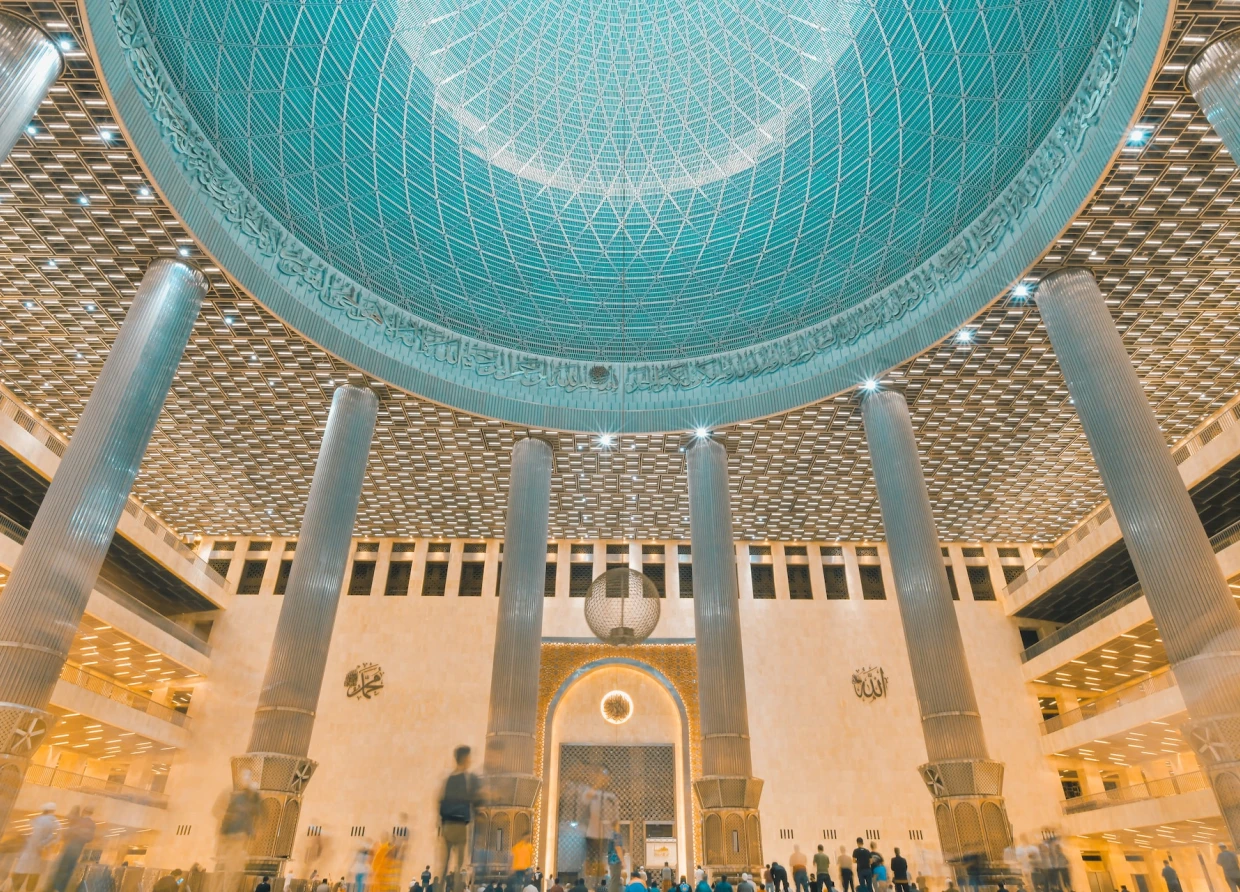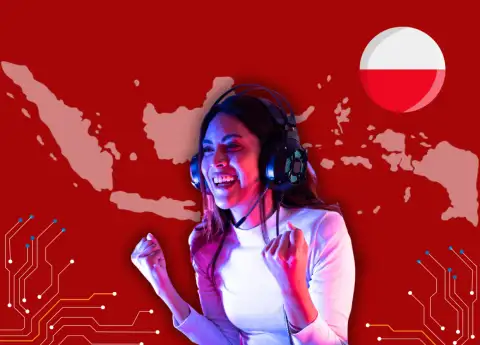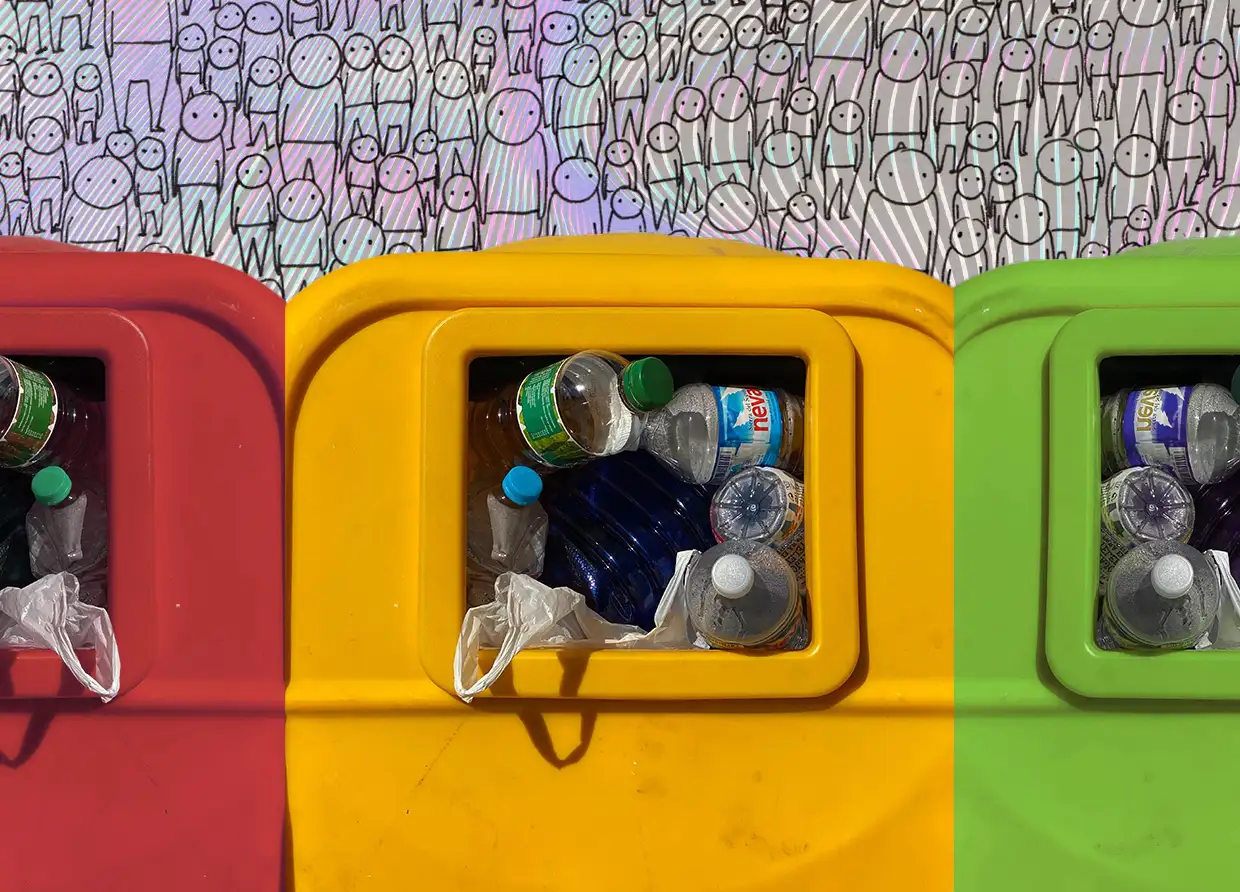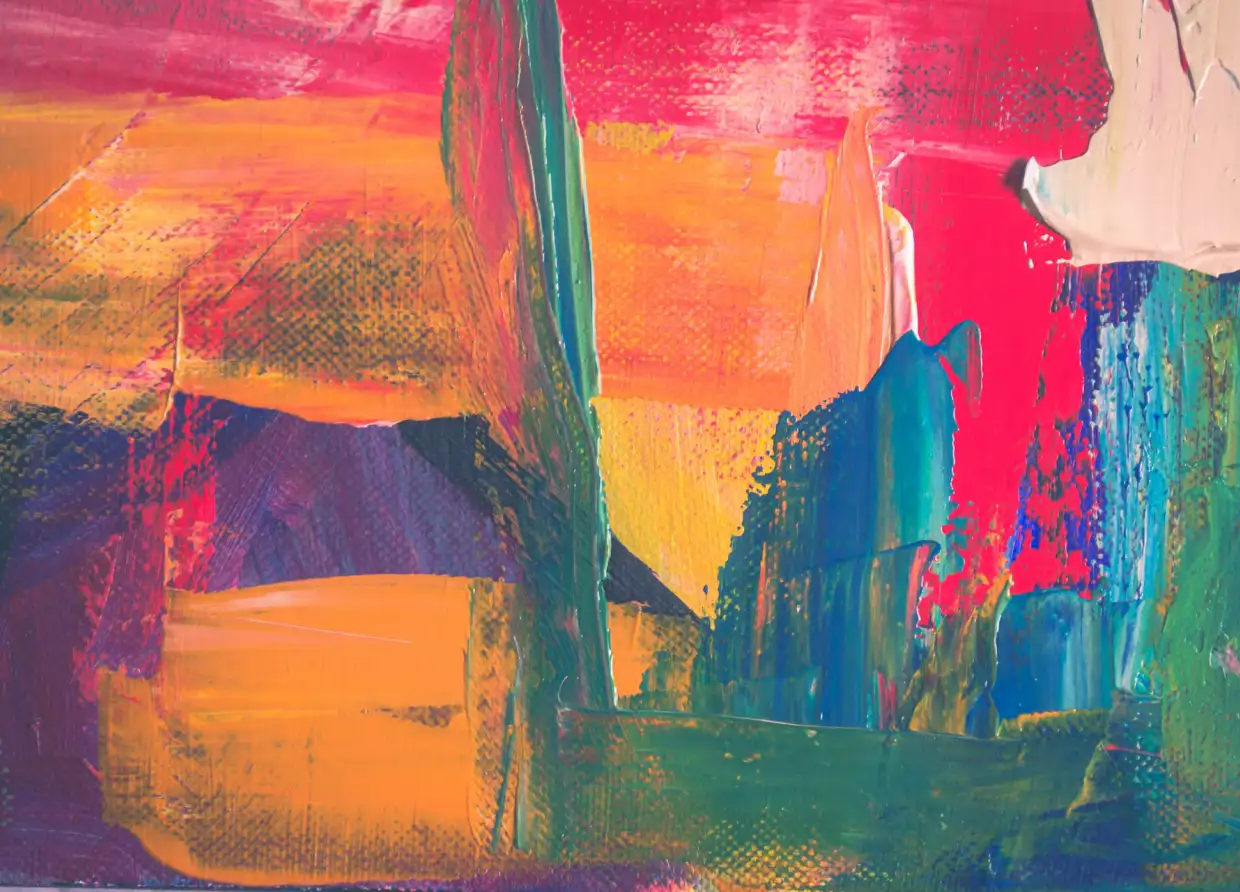A BRIEF HISTORY OF RAMADAN IN INDONESIA
As Islam spread throughout Indonesia, the tradition of Ramadan became a significant part of the Indonesian culture. Today, it is celebrated with great enthusiasm and passion in Indonesia.

As Islam spread throughout Indonesia, the tradition of Ramadan became a significant part of the Indonesian culture. Today, it is celebrated with great enthusiasm and passion in Indonesia. The month-long celebration is a time of spiritual reflection, prayer, fasting, and charity.
The history of Ramadan in Indonesia dates back to the 13th century, during the spread of Islam in the archipelago. At that time, Ramadan was already an established practice in the Islamic world, and it was adopted by the Indonesian Muslim community. Since then, the celebration of Ramadan has evolved and become deeply rooted in Indonesian culture.
In Indonesia, the month of Ramadan is a time for family and community gatherings. The iftar (breaking of the fast) is a particularly significant time when families and friends come together to share a meal after a day of fasting. The iftar meal usually consists of traditional Indonesian dishes, such as nasi goreng, sate, and bakso, among others.
During Ramadan, many mosques in Indonesia hold Tarawih prayers, a special form of prayer that is conducted only during the month of Ramadan. These prayers are held after the last prayer of the day and continue into the night. Muslims believe that Tarawih prayers offer additional spiritual benefits and help them in their quest for self-reflection and repentance.
Ramadan is also a time for giving and charity in Indonesia. Many people donate food, money, and clothing to those in need, particularly to the poor and homeless. Zakat, the Islamic practice of giving alms to the needy, is a fundamental aspect of Ramadan, and many Indonesians contribute generously during this time.
Indonesia is also known for its vibrant Ramadan bazaars, where vendors sell various traditional Indonesian delicacies, clothes, and other items. These bazaars are popular among both Muslims and non-Muslims, who come together to enjoy the festive atmosphere and indulge in delicious food and drink.
In recent years, Ramadan celebrations in Indonesia have become more elaborate, with various events, concerts, and competitions organized throughout the month. These events, which include Quran recitation competitions, cooking contests, and cultural festivals, offer a platform for Indonesian Muslims to showcase their talent and creativity while celebrating the month of Ramadan.
In conclusion, Ramadan is a significant part of Indonesian culture and has a rich history that dates back centuries. The celebration of Ramadan in Indonesia is a time for family, community, charity, and reflection. As the country continues to evolve, the celebration of Ramadan will undoubtedly continue to thrive, adapting to the changing needs and desires of its people while remaining deeply rooted in its traditions and culture.
#THE S MEDIA #Media Milenial


























